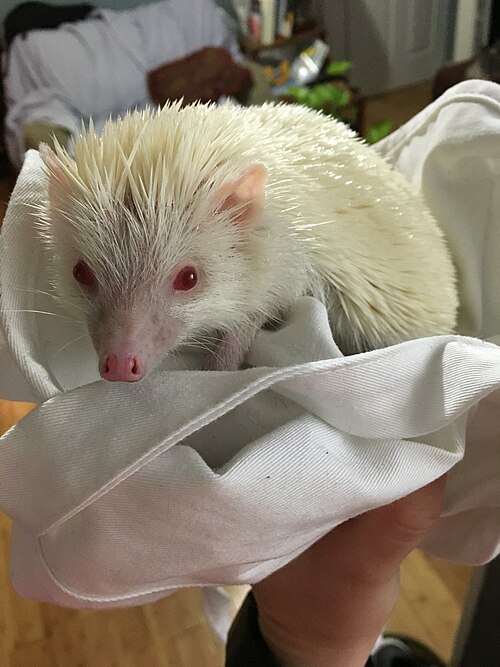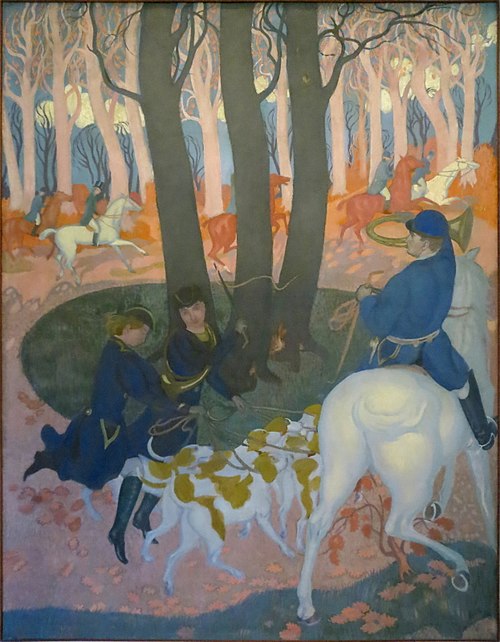Betnoun
A wager, an agreement between two parties that a stake (usually money) will be paid by the loser to the winner (the winner being the one who correctly forecast the outcome of an event).
Betnoun
A degree of certainty.
Betnoun
alternative form of beth
Betverb
To stake or pledge upon the outcome of an event; to wager.
Betverb
To be sure of something; to be able to count on something.
Betverb
(poker) To place money into the pot in order to require others do the same, usually only used for the first person to place money in the pot on each round.
Betpreposition
(knitting) between
Betnoun
That which is laid, staked, or pledged, as between two parties, upon the event of a contest or any contingent issue; the act of giving such a pledge; a wager.
Betverb
To stake or pledge upon the event of a contingent issue; to wager.
Bet
imp. & p. p. of Beat.
Betadjective
An early form of Better.
Betnoun
the money risked on a gamble
Betnoun
the act of gambling;
Betverb
maintain with or as if with a bet;
Betverb
stake on the outcome of an issue;
Betverb
have faith or confidence in;
Betverb
risk a sum of money or valued item against someone else's on the basis of the outcome of an unpredictable event such as a race or game
Betverb
risk a sum of money against (someone) on the outcome or likelihood of a future event
Betverb
used to express certainty
Betnoun
an act of betting a sum of money
Betnoun
a sum of money staked
Betnoun
a candidate or option offering a specified likelihood of success
Betnoun
one's opinion about a future event
Petnoun
An animal kept as a companion.
Petnoun
(by extension) Something kept as a companion, including inanimate objects. (pet rock, pet plant, etc.)
Petnoun
One who is excessively loyal to a superior.
Petnoun
Any person or animal especially cherished and indulged; a darling.
Petnoun
A fit of petulance, a sulk, arising from the impression that one has been offended or slighted.
Petnoun
abbreviation of petition
Petnoun
(Geordie) A term of endearment usually applied to women and children.
Petverb
(transitive) To stroke or fondle (an animal).
Petverb
To stroke or fondle (another person) amorously.
Petverb
Of two or more people, to stroke and fondle one another amorously.
Petverb
To treat as a pet; to fondle; to indulge.
Petverb
To be a pet.
Petverb
To be peevish; to sulk.
Petadjective
Favourite; cherished.
Petadjective
Kept or treated as a pet.
Petnoun
A cade lamb; a lamb brought up by hand.
Petnoun
Any person especially cherished and indulged; a fondling; a darling; often, a favorite child.
Petnoun
A slight fit of peevishness or fretfulness.
Petnoun
Any animal kept as a companion, usually in or around one's home, typically domesticated and cared for attentively and often affectionately. Distinguished from animals raised for food or to perform useful tasks, as a draft animal.
Petadjective
Petted; indulged; admired; cherished; as, a pet child; a pet lamb; a pet theory; a pet animal.
Petverb
To treat as a pet; to fondle; to indulge; as, she was petted and spoiled.
Petverb
To be a pet.
Petnoun
a domesticated animal kept for companionship or amusement
Petnoun
a special loved one
Petnoun
a fit of petulance or sulkiness (especially at what is felt to be a slight)
Petnoun
using a computerized radiographic technique to examine the metabolic activity in various tissues (especially in the brain)
Petverb
stroke or caress gently;
Petverb
stroke or caress in an erotic manner, as during lovemaking
Petadjective
preferred above all others and treated with partiality;
Petnoun
a domestic or tamed animal kept for companionship or pleasure
Petnoun
a person treated with special favour or affection
Petnoun
treated with special attention or evoking particularly strong feelings
Petnoun
used as an affectionate form of address
Petnoun
a fit of sulking or ill humour
Petverb
stroke or pat (an animal) affectionately
Petverb
treat (someone) with affection or favouritism; pamper
Petverb
engage in sexually stimulating caressing and touching
Pet
A pet, or companion animal, is an animal kept primarily for a person's company or entertainment rather than as a working animal, livestock or a laboratory animal. Popular pets are often considered to have attractive appearances, intelligence and relatable personalities, but some pets may be taken in on an altruistic basis (such as a stray animal) and accepted by the owner regardless of these characteristics.




































